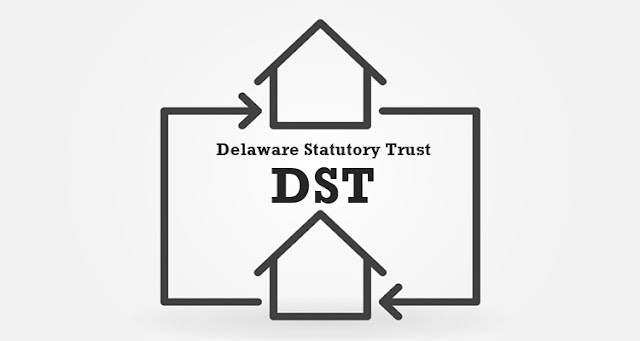Introduction: What is a Delaware Statutory Trust(DST)?
A Delaware Statutory Trust is a business structure designed to help businesses take advantage of the state's corporation and tax laws.
The DST can be considered a cross between an LLC and a Corporation. Its formation process is much easier than that of an LLC, but it still provides the same level of protection as that of an LLC. It also benefits from being treated as either a Corporation or an LLC by the IRS, thus saving time and money on federal taxes.
How to Qualify for a DST?
Many factors go into qualifying for the DST. But there are some general guidelines to follow.
The first qualification is age. An individual must be 18 years old to participate in the DST.
The second qualification is nationality. An individual must be a citizen of the United States or a lawfully admitted permanent resident of the United States.
The third qualification is education. An individual must have completed 12 years of education in either secondary school or higher education before qualifying for the DST.
And finally, individuals cannot have served as a juror or petit juror at any time during their lifetime, including before becoming an adult.
Also Read >>>> Benefits Of Login TWC Unemployment Service Account
The Pros of DSTs
In order to determine if a DST is the right option for you, there are a few pros that you should be aware of.
It may provide asset protection from creditors and lawsuits associated with your estate. If you want to avoid probate and protect your assets, a revocable living trust may be the best option for you. A revocable living trust is a legal document that establishes who will administer your assets and how they will be distributed upon your death.
It can also help reduce federal income taxes since any income earned from the assets within the trust will not be taxed as personal income. The trust offers many tax benefits:
1. It provides a way for someone to make gifts to their children or grandchildren without incurring the gift tax.
2. The trust can offer protection from creditors or divorcing spouses.
3. If properly designed, it may also be possible for the individual to defer paying taxes on any income they earn from assets within the trust.
Some people also use statutory trusts to avoid probate fees or maintain anonymity with their assets and avoid guardianship issues if they have minor children. A statutory trust is a legal entity created to hold assets on behalf of one or more beneficiaries. The owner of the assets transfers them to the trust, retaining control over them but no longer owning them, and the trustee holds the assets for the beneficiaries.
Also Read >>>> Home Depot Health Check App: Features, Benefits, Download & Login
What are the Cons of DSTs?
The Problems associated with DSTs include:
DSTs are often used by wealthy individuals seeking to lower their tax bills. But this form of trust can create problems for beneficiaries looking to inherit assets after the creator's death.
DSTs are not exempt from paying taxes on their earnings. DSTs must indeed pay taxes on the income they earn, either by being taxed as a corporation or by being taxed as a trust.
A lawyer can only create DSTs. They are ways to own assets within an estate setting. These trusts are not available to the general public, but a qualified lawyer can create them for you.
DSTs are complex and expensive entities. The fees for creating the trust, administration of the trust, and distribution of assets at termination can be very costly. A DST can be customized to meet your needs, and the cost depends on the complexity of the trust.
DSTs may not offer as much flexibility as other trusts. This is because you can't change beneficiaries or terms of the trust without opening a new trust.
Also Read >>>> Bookkeeping For Small Business Hidden Secrets Medium Matt Oliver
Conclusion: Is it Worth Switching to a Delaware Statutory Trust?
The conclusion is that it is worth switching to a DST. The benefits of switching to a DST are that it offers the protections of liability, greater flexibility in management, waiving all capital gains taxes on the sale of assets, and greater value down the line if real estate prices continue to rise.

No comments:
Post a Comment